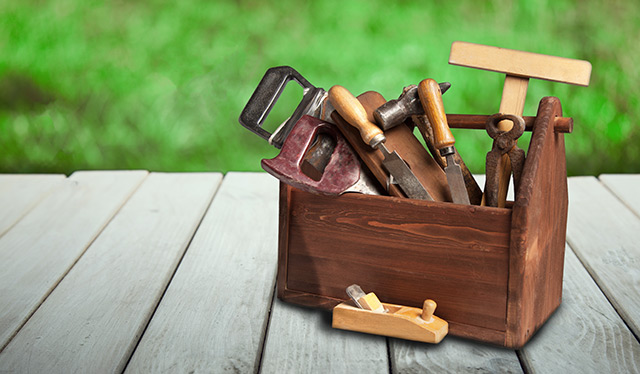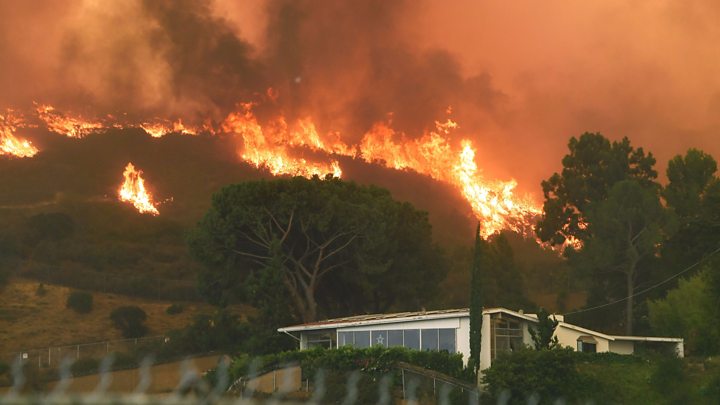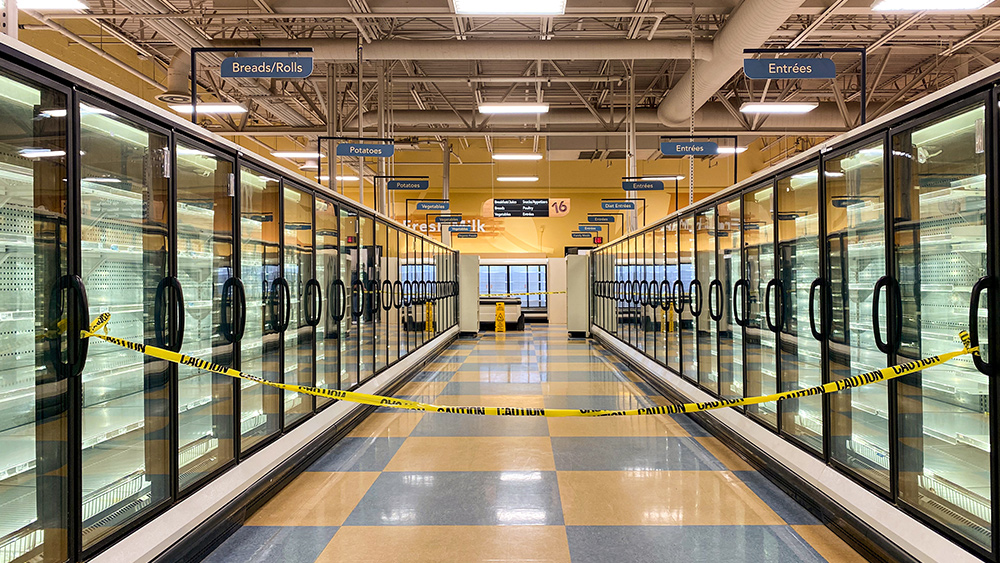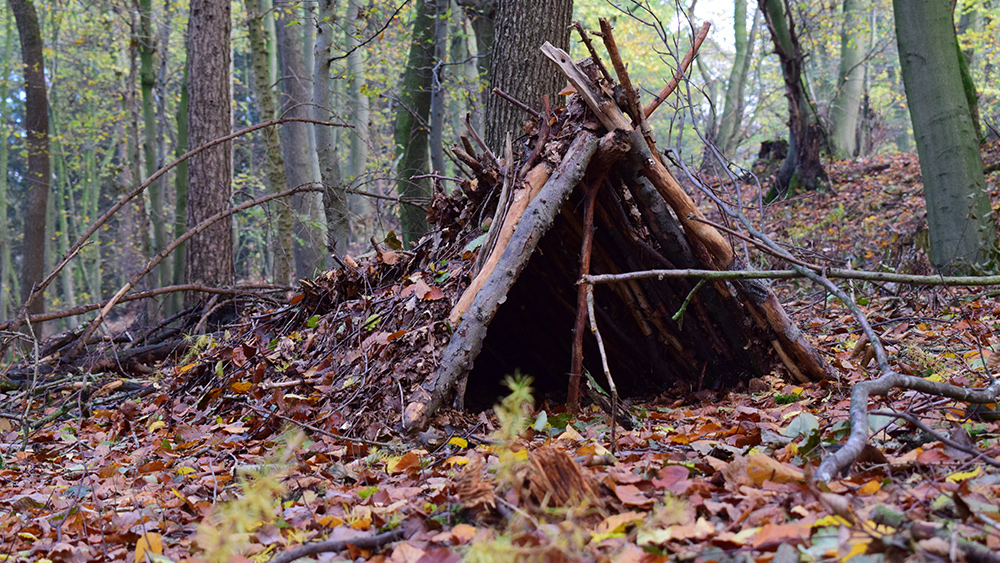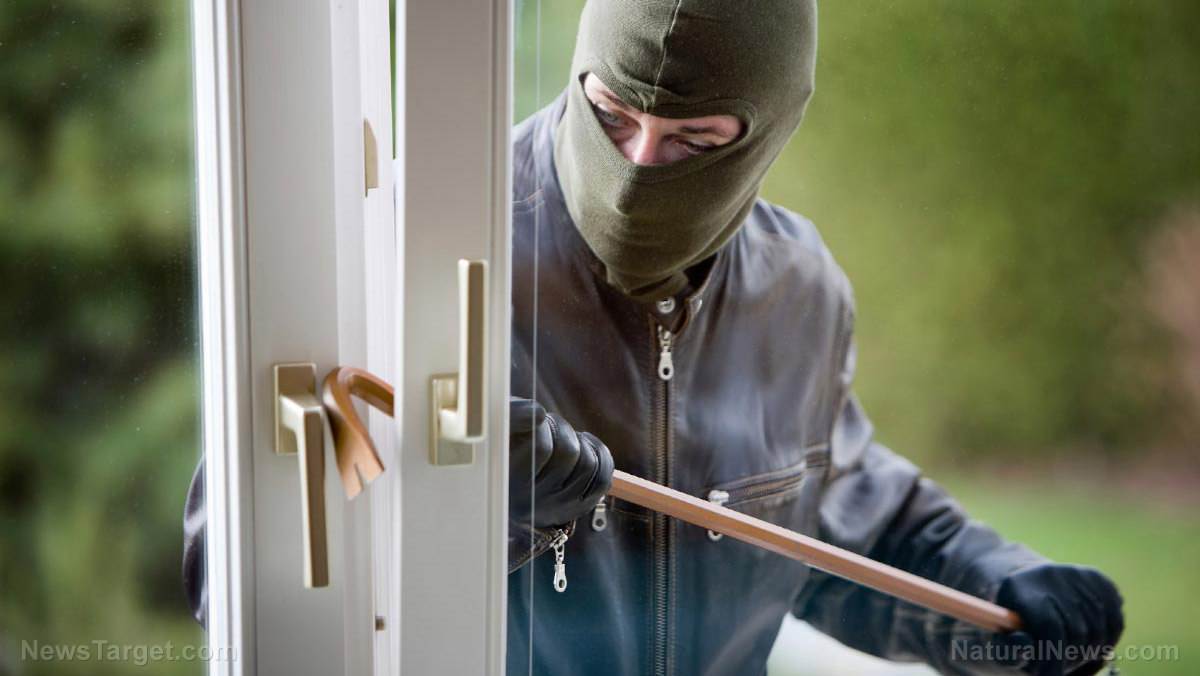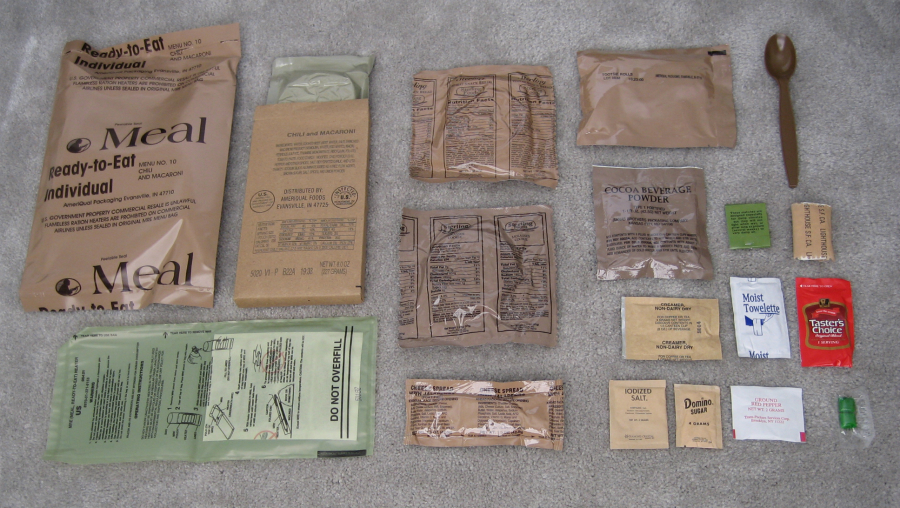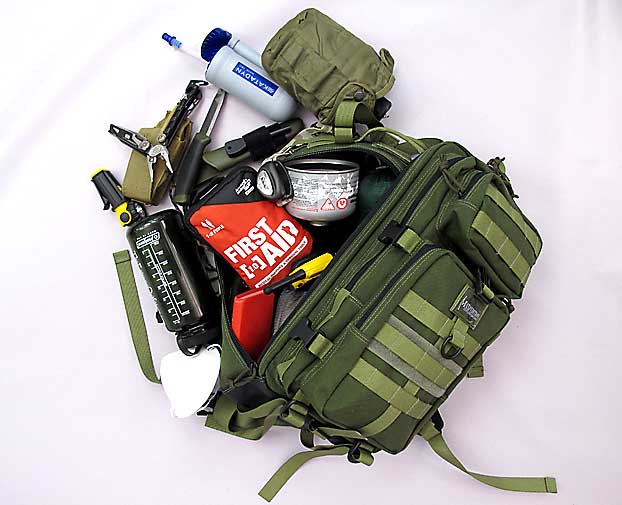Emergency preparedness for seniors: 4 Things to consider before disaster strikes
01/03/2022 / By Virgilio Marin

Prepping for disaster is wildly different for the elderly. With limited mobility, seniors are less capable of doing things like walking long distances, hiking, going off-grid and the like. They’re also predisposed to debilitating conditions like osteoporosis and back pain that may necessitate medical attention.
These things can make survival extra challenging for the elderly. As such, it is important to tailor emergency preparedness according to their specific needs. If you’re a senior yourself or if you live with one, here are four things you need to consider before disaster strikes: (h/t to CribSteward.com)
Estate planning documentation
Estate planning entails procuring legal documents like a will, trust and power of attorney. If something bad happens and you have not prepared the proper documents, survivors who are already grieving over the loss of a loved one will have to deal with more stress and anxiety.
As such, it’s important that all appropriate legal documents are already prepared once SHTF. Having these papers ready can also boost your mobility when you have to bug out. During a disaster, you wouldn’t have to scramble for your documents knowing you have already secured them. Put these items in your bug-out bag or secure electronic copies in case the hard copies get destroyed.
Emergency health information
It’s crucial that there is someone other than you who can provide the appropriate response in case of a medical emergency. For this, you need to keep a document or something like a tag that identifies you as someone with a serious condition. Keep a list of key health information and put it somewhere accessible for emergency responders. Include the following items in your emergency health document:
- Personal information like your name, address and phone number
- Health insurance member ID
- Languages you speak
- Phone numbers of family and friends
- Contact information of your doctor, pharmacist and case manager
- Current major health conditions, disabilities and allergies
- Medications and dosage
- Special equipment like mobility aids, medical devices and communication devices
Support Network
Having a network of reliable contacts will go a long way toward ensuring your survival and keeping your mental and physical health in good working order. These people can check on you and assist you during a disaster. They can be family, friends and neighbors.
A word of caution, however: Not everyone can be trusted especially in the midst of a disaster. Types of people to avoid after SHTF include the mentally unstable, criminals and non-preppers. (Related: How to deal with gangs, mobs, and looters when SHTF.)
Do background research on people you don’t know very well and identify those you can trust. Talk to them to see if they are willing to help. If so, give them a copy of your emergency medical information, contacts and evacuation plans. Notify them if you’re leaving home and make sure they have access to your house. These are very sensitive matters, so it’s important that your support network are trustworthy.
Safety in your home
Whether you’re bugging in or bugging out, your home must be safe and senior-friendly at all times. Do the following things to up the safety levels in your house:
- Clear junk out of your hallways to reduce the risk of tripping and falling
- Create a fire emergency plan. This should include escape routes and emergency meeting places.
- Install a smoke detector on each floor and replace the batteries every six months.
- Keep a fire extinguisher on each floor.
- Keep space heaters at least three feet away from things that could catch fire.
- Make sure your windows open easily.
- Consider buying escape ladders for an alternate escape route.
Though the post-SHTF world is going to be the same for everyone, peculiar circumstances make survival a vastly different experience for seniors. Formulate an emergency plan based on your needs.
Sources include:
Tagged Under: bug out, disaster, disaster preparation, elderly, emergency preparedness, preparedness, prepper, prepping, prepping for seniors, SHTF, survival, Survival Tips, survivalist
Get independent news alerts on natural cures, food lab tests, cannabis medicine, science, robotics, drones, privacy and more from NewsTarget.com
Get independent news alerts on natural cures, food lab tests, cannabis medicine, science, robotics, drones, privacy and more from NewsTarget.com
RECENT NEWS & ARTICLES
COPYRIGHT © 2017 · SURVIVAL NEWS

